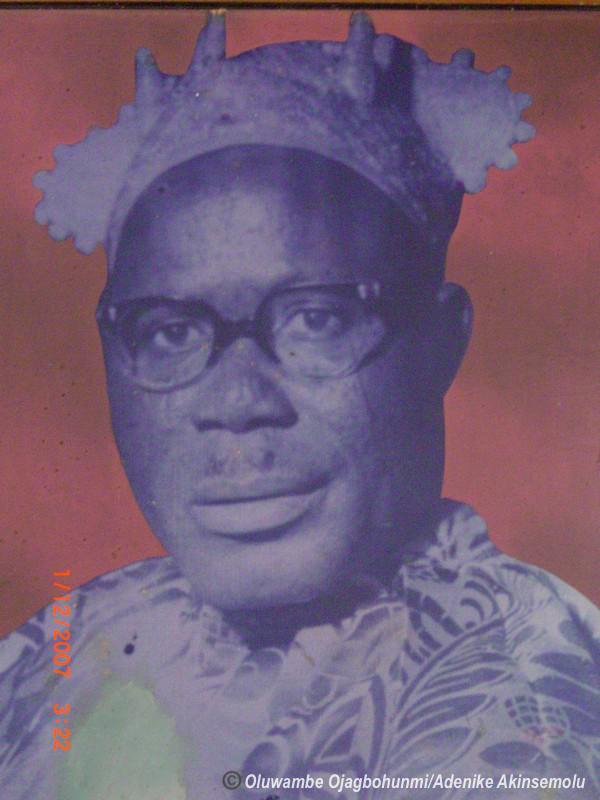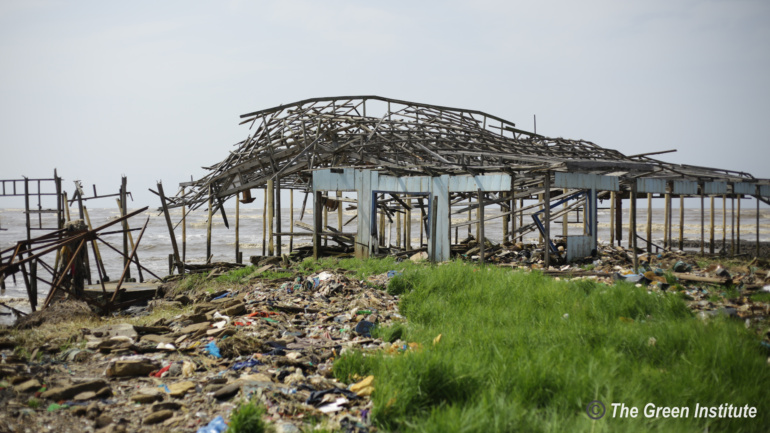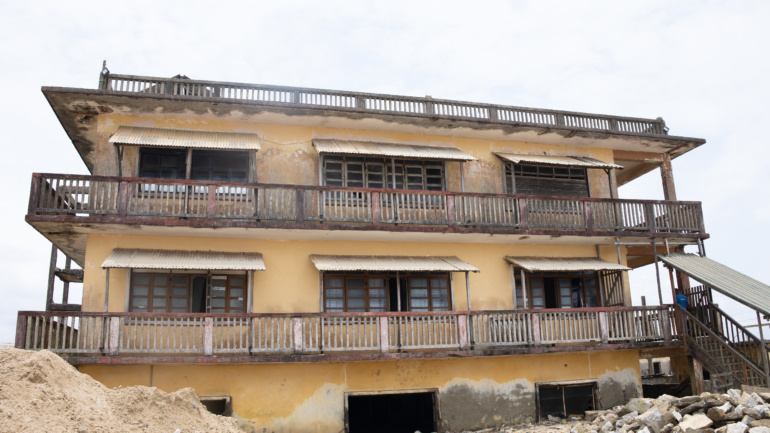Every community has a founding figure whose presence continues to echo through time. For Ayetoro, that figure is Oba Ethiopia O. Peter, the first Ogeloyinbo and the spiritual anchor of the Happy City. His leadership gave the community its direction, its strength, and its soul.
A Leader Born of Vision
How strong is your museum’s website as part of the whole offer? Does it reflect your identity as an orWhen the Holy Apostles’ Community established Ayetoro in 1947, it was not simply to build houses by the coast—it was to build a new kind of society. One founded on equality, hard work, and faith in God. At the heart of this bold vision stood Ethiopia O. Peter, chosen as Ogeloyinbo, the white-clothed leader whose role was both sacred and social.
He was more than a king in the earthly sense. He was the spiritual compass who guided the Apostles and inspired the wider community to remain faithful to their founding ideals. Under his watch, Ayetoro blossomed into the model that visitors would later call “Small London.”

Anchor in Stormy Times
The 1950s and 60s were not without difficulty. Ayetoro’s unique system of shared resources and communal governance often drew suspicion or misunderstanding from outsiders. There were moments when external pressures threatened to weaken the fabric of the community.
In those times, Oba Ethiopia O. Peter became the voice of unity. He led ceremonial gatherings where prayers and hymns rose with the tides. He preached that the survival of Ayetoro depended not on wealth or power, but on unity of spirit.
“We are one people, one vision, one faith,” he told the Apostles in a gathering remembered to this day. “If we stand together, no storm—whether from sea or man—will carry us away.”
In view in the Yiddish Book Center’s Brechner Gallery now through March 2019, Lost Synagogues of Europe is a collection of early twentieth-century postcards on Jewish themes, many of them depicting synagogues in Eastern Europe that were destroyed during World War II. The postcards come from the collection of Frantisek Banyai, a Prague-based entrepreneur and son of Holocaust survivors who began amassing the collection 40 years ago and continues his search today
Spiritual and Social Authority
His authority extended beyond religious leadership. As the Ogeloyinbo, he was a mediator, a counselor, and a symbol of order. He encouraged children’s education, guided fair trade in the marketplace, and settled disputes with wisdom. To the people, his words carried the weight of both scripture and tradition.
He embodied the balance between divine calling and earthly responsibility. His presence reminded Aiyetoro that their experiment in just living was not only possible but worth defending.
Echoes in Oral History
Today, long after his passing, Oba Ethiopia O. Peter’s influence lives on in oral histories told by elders to children. His teachings about justice, unity, and hard work remain central to Ayetoro’s identity, even as the sea threatens its shores. His life is remembered not as a tale of power but as a testimony of faith put into action.
The story of the first Ogeloyinbo is the story of how one man’s spiritual authority helped shape a community that continues to inspire the world. Oba Ethiopia O. Peter gave Ayetoro more than leadership—he gave it a soul.



